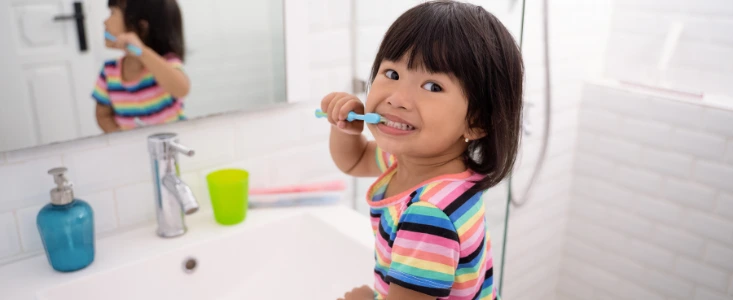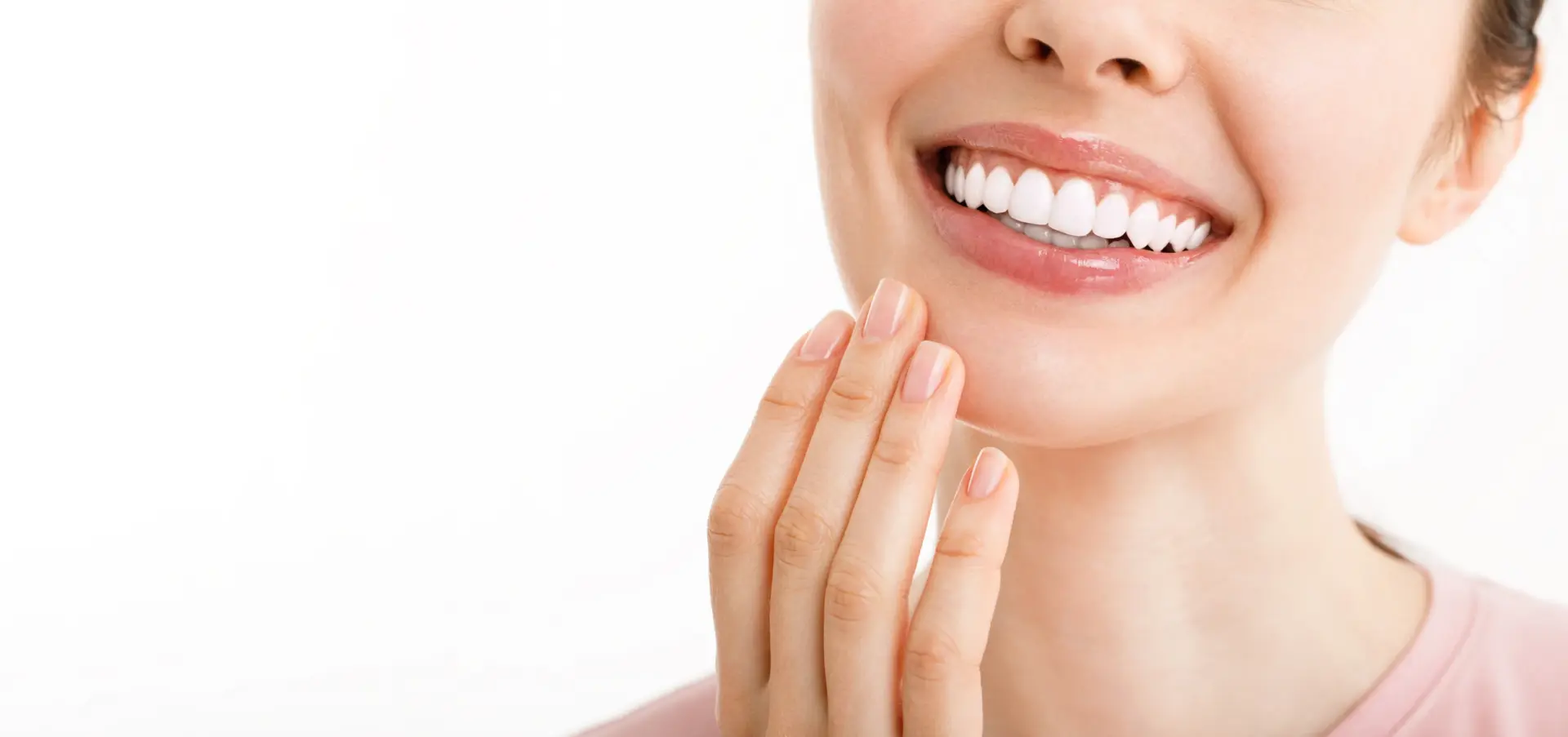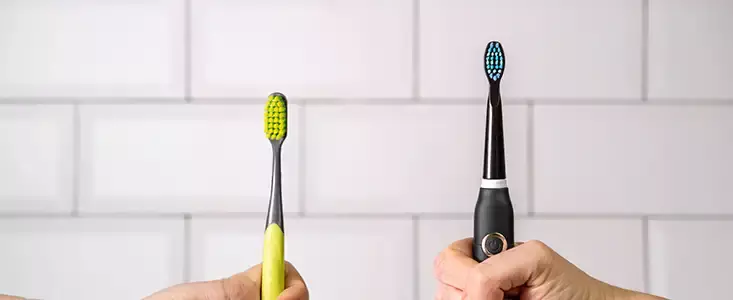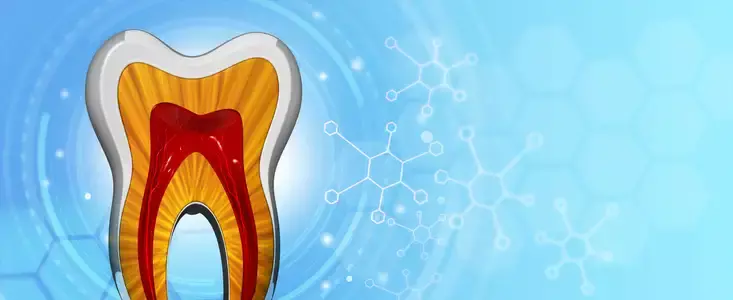Dental care is essential for everyone, but what about baby (primary) teeth? Did you know babies are born with 20 primary teeth that just haven’t appeared (erupted) yet? That means tooth decay can begin when your baby’s first teeth appear. That’s why dentists say that good oral hygiene habits should begin even before the first baby tooth comes in.
Here are some important dental care facts and tips to keep primary teeth healthy and prevent harmful dental problems.
Why Healthy Baby Teeth Are Important
Although permanent teeth eventually replace them, baby teeth are vital to every child’s development. They hold space for the adult teeth and help your child speak, chew, and smile.
If a cavity in a baby tooth is left untreated, it can lead to infection and pain – and the bacteria will spread to other teeth. An unhealthy tooth can lead to unhealthy bone underneath, damaging the developing permanent tooth before it even erupts.
Facts about baby teeth:
- They form the shape of your child’s face.
- Teething starts around 6 months when baby teeth begin erupting and continues until 3 years of age.
- Enamel, the strong outer layer protecting teeth, is thinner in baby teeth than in adult teeth. That’s why baby teeth are more prone to cavities.
- Spacing between baby teeth is normal and allows room for adult teeth to erupt.
Learn More: Signs Your Baby is Teething & How You Can Help
When and How to Clean Your Child’s Mouth
Clean your child’s mouth twice a day – even before a tooth comes in. Tooth decay can happen as soon as teeth first appear. In fact, cavities occur faster in baby teeth than in adult teeth. So, as soon as the first baby tooth appears, it’s time to start brushing.
Tips to clean your child’s mouth:
- Before teeth come in, gently wipe your child’s gums with a soft damp cloth or clean gauze pad over your finger.
- When your child’s teeth start coming in, it’s time to use toothpaste and a soft, small toothbrush. Before the age of 2 to 3, use fluoride toothpaste about the size of a grain of rice. After age 3, use a pea-sized amount of toothpaste.
- Hold the toothbrush at a 45-degree angle along the gum line. Gently brush all sides of the teeth using small circular motions. Finish by brushing the tongue. Children should try to spit out the toothpaste, but it’s safe to swallow these small amounts.
- Teach your child how to brush but continue helping them until they are at least 6 years old. By age 10, most children can brush on their own.
Learn More: Dental Hygiene – How to Care for Your Child’s Teeth
Your Child’s First Visit to the Dentist
The American Dental Association, the American Academy of Pediatric Dentistry, and the American Academy of Pediatrics all strongly recommend that your child have a dental evaluation by age one, or when the first tooth erupts (whichever comes first).
Your child’s dentist is your partner in helping your child have healthy teeth. Early preventive care reduces the risk of cavities and provides swift treatment if issues develop.
Schedule Your Appointment Today
At Atkins & Anderson DDS, your child isn’t just a patient, and you’re not just a parent – you’re family. We’re focused on providing the highest-quality dental care for your child and teaching them healthy habits that last a lifetime. We partner closely with parents, giving you the support and guidance you need to help care for your child’s smile. Contact us today to schedule an appointment.
Share
STAY IN THE LOOP
Subscribe to our free newsletter.
Leave A Comment
Helping your child develop the healthy habit of brushing their teeth can be challenging. Boredom is one of the main reasons kids push back against brushing their teeth, so why not find a way to make the process fun? Here are four tips to encourage your kids to brush their teeth. Sing a Song or





